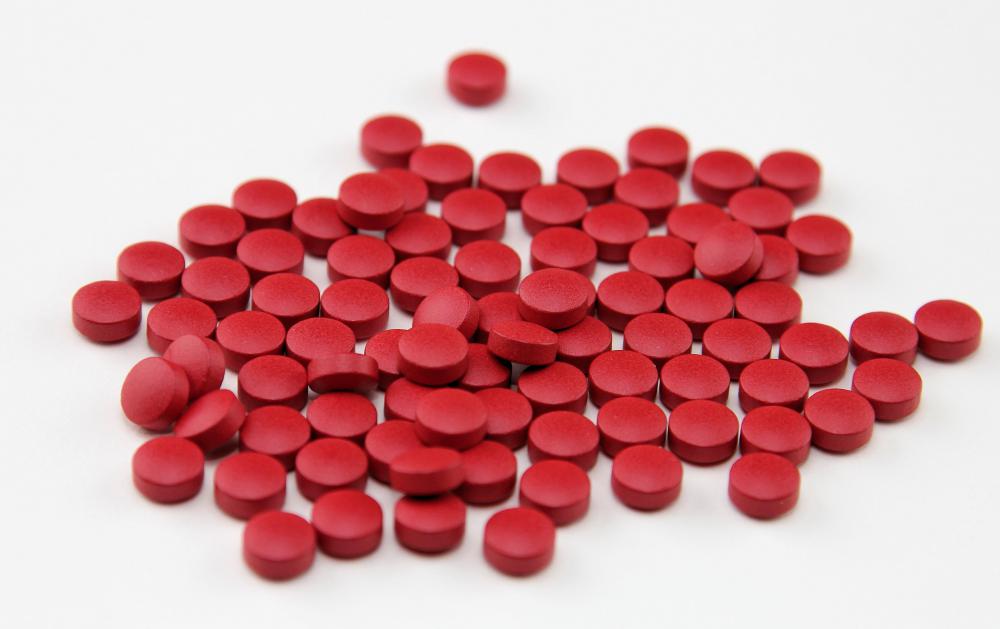At TheHealthBoard, we're committed to delivering accurate, trustworthy information. Our expert-authored content is rigorously fact-checked and sourced from credible authorities. Discover how we uphold the highest standards in providing you with reliable knowledge.
What is Plummer-Vinson Syndrome?
Plummer-Vinson syndrome, or PVS, is a condition traditionally associated with iron deficiency anemia. People who have the syndrome, also known as sideropenic dysphagia and, in the UK, as Paterson-Brown-Kelly syndrome, experience difficulty swallowing due to what are called esophageal webs. An esophageal web is an outgrowth of part of the lining of the esophagus, the tube that carries food to the stomach. This outgrowth of tissue makes the esophagus narrower, typically causing problems with swallowing. Symptoms of iron deficiency, such as feeling tired and looking pale, may also occur, and the condition is generally treated with iron supplements.
The number of cases of Plummer-Vinson syndrome has declined in recent times, and the disorder has become rare. It is thought that this is due to improvements in nutrition and medical care which have taken place during the past century. Women of between 40 and 80 years of age are more frequently affected by the condition, which is thought to be associated with an increased risk of developing cancer of the throat or esophagus.

An early symptom of Plummer-Vinson syndrome is having trouble swallowing solid foods. The problem usually occurs on and off over a number of years, and it is not associated with pain. If the condition progresses, it may become difficult to swallow softer foods or liquids. Sometimes choking is experienced. A person with Plummer-Vinson syndrome is usually able to describe exactly the level at which the blockage is occurring, corresponding to the position of the esophageal web, which is typically found in the upper esophagus.

Additional problems seen in people with Plummer-Vinson syndrome are caused by iron deficiency. Signs of iron deficiency can include pale skin, spoon-shaped nails, painful, cracked skin at the corners of the mouth and glossitis, where the tongue is sore, smooth and swollen. If the iron deficiency is severe enough to cause anemia, symptoms of tiredness and breathlessness may occur.
In order to diagnose Plummer-Vinson syndrome, blood tests are usually required to check iron levels. A type of X-ray known as a barium swallow can be used to reveal the shape of the esophagus, or the swallowing process can be viewed live using a technique known as video fluoroscopy. Plummer-Vinson syndrome can be treated with iron tablets, as returning blood levels of iron to normal levels usually cures any anemia and improves swallowing ability. Sometimes an esophageal web will have progressed too far to respond to iron supplements, in which case the narrowed esophagus may be widened using a special dilating instrument or balloon.
AS FEATURED ON:
AS FEATURED ON:












Discuss this Article
Post your comments